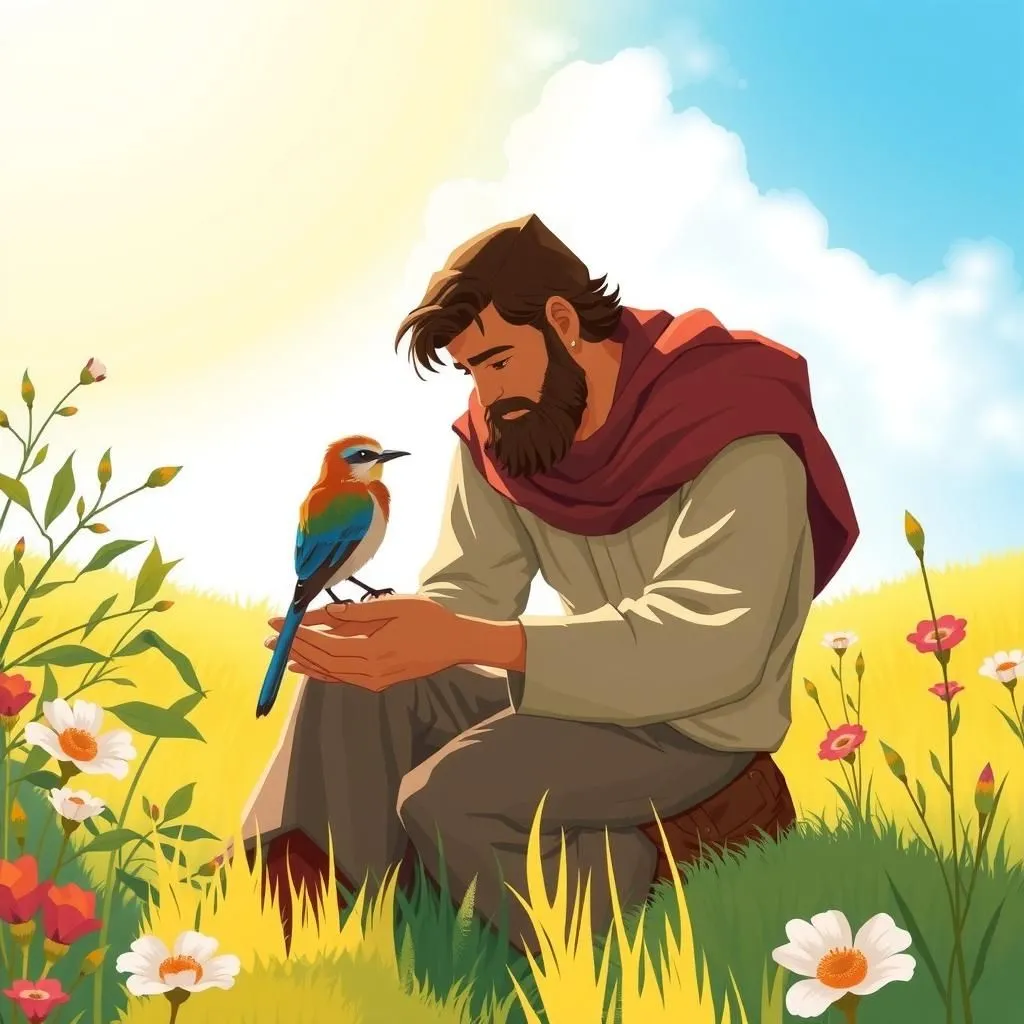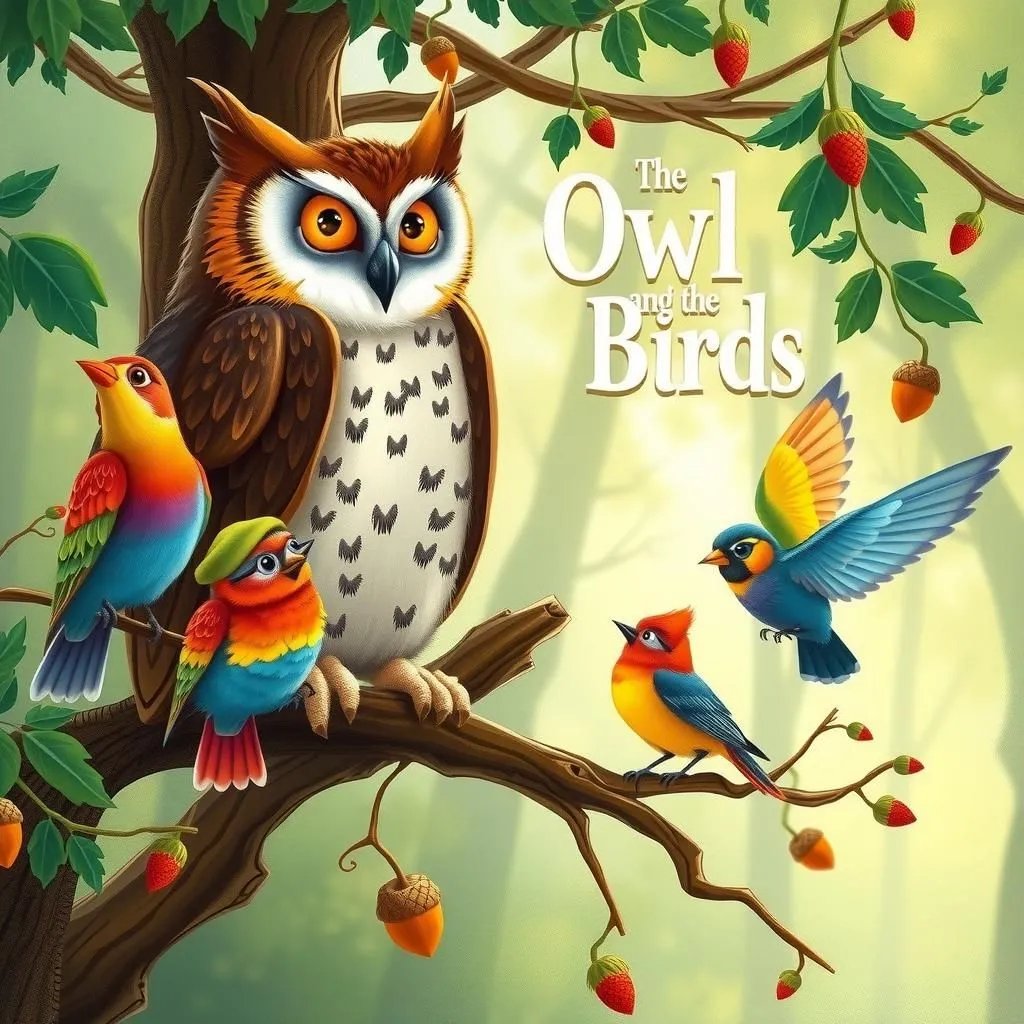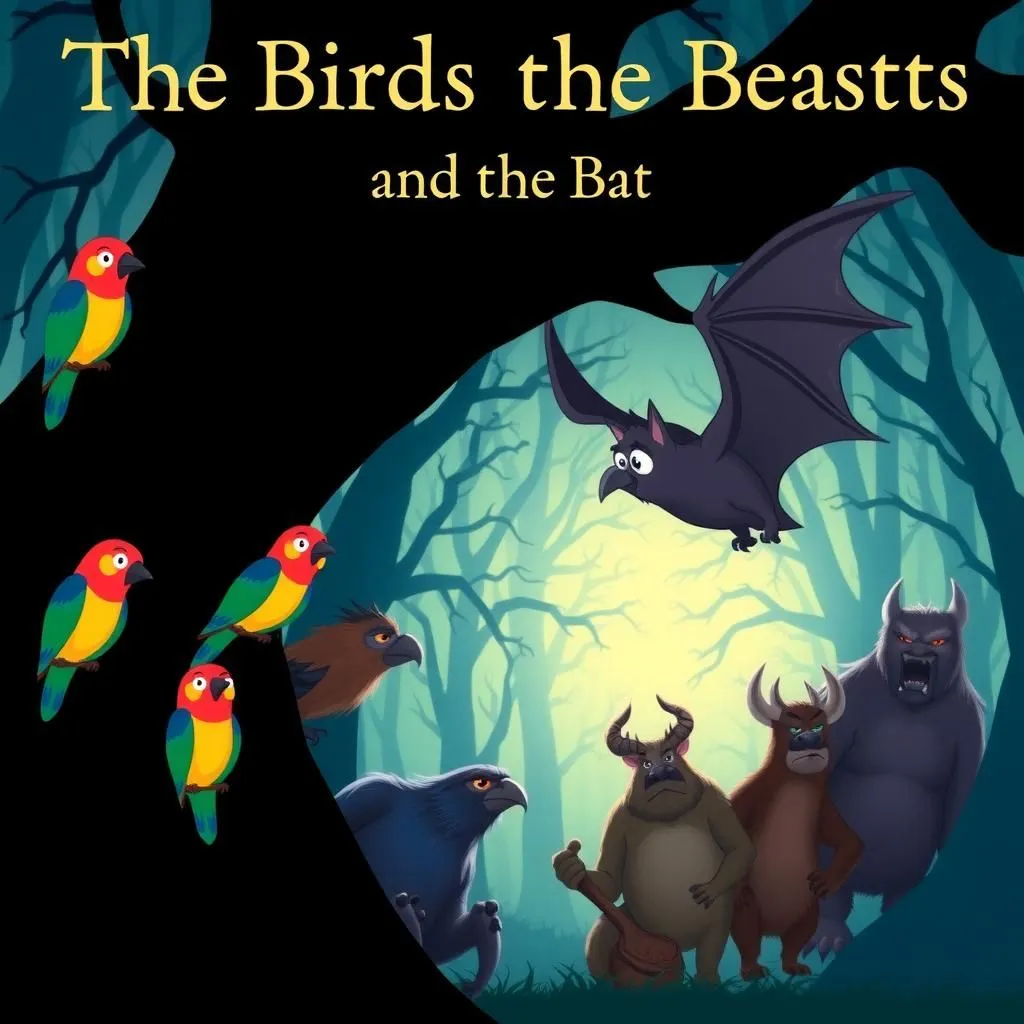
The Labourer and the Nightingale
In the fable "The Labourer and the Nightingale," a Labourer captures a Nightingale to enjoy its beautiful song, only to find that the bird refuses to sing in captivity. After releasing the Nightingale, it imparts three valuable lessons: never trust a captive's promise, appreciate what you have, and do not grieve over what is lost forever. This well-known moral story emphasizes the importance of freedom and gratitude, making it a fitting tale for moral stories for class 7.


